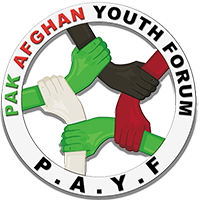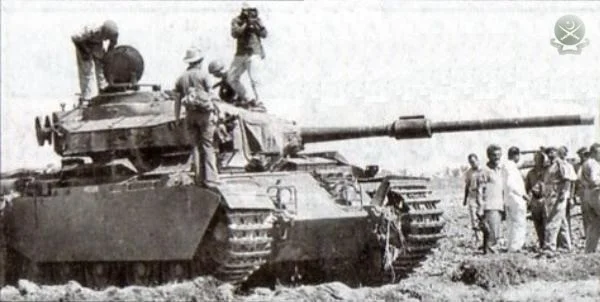The tumultuous South Asian region, shaped by centuries of emperors, kings, & rulers, has always been a land of change. Yet, who could have foreseen that it would one day witness two ‘cousins,’ divided by a long border but bound by a shared destiny?
Angry at times, yet standing together. This isn’t just the story of the past three years—it stretches back centuries, reflecting the shared destiny of Afghanistan and Pakistan..
![Old, antique map of Southeast Asia by Quad M. [Wikimedia Commons]](https://pkafgyouthforum.com/wp-content/uploads/2024/10/GYfq9WDWEAAqci5.webp)
Historical Ties
Emperors such as Alauddin Khilji, Mahmud of Ghazni, & Babur governed with a blend of strategic acumen, generosity, & military prowess, fostering connections between the regions that now constitute Afghanistan & Pakistan. Rulers came & went, geopolitics shifted, but the bond between the people, driven by a shared destiny, endured.



Afghanistan’s Support Amidst Colonial Rule
Fast forward to the 19th century. The British took control of the subcontinent, while they drew the borders of a united Afghanistan. Even then, Afghans supported the Muslims of the subcontinent in their fight for independence.
The fierce battle against the Marathas, known as the Third Battle of Panipat, would not have been successful without the leadership of Ahmad Shah Abdali—don’t believe Bollywood’s version of history when it comes to Muslim rulers!
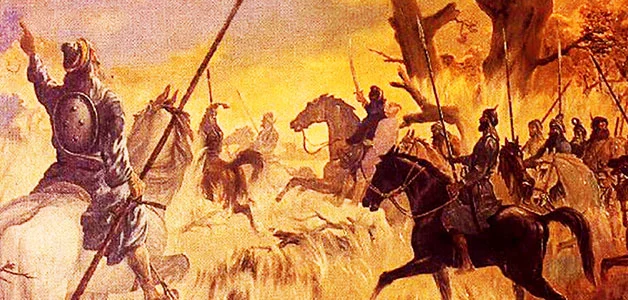
The Influence of Muslim Leaders
In the subcontinent, Muslim leaders like Allama Iqbal became revered figures among Afghans, further solidifying the bond between the two nations. When Pakistan emerged as an independent Muslim state in 1947, Afghanistan’s initial hesitation to recognize it was reportedly due to a miscommunication. Once the Afghan diplomat at the UN received the message, he promptly voted in favour of Pakistan , demonstrating a commitment to their shared destiny.
![Muslim leaders like Allama Iqbal became revered figures among the Afghan [PAYF]](https://pkafgyouthforum.com/wp-content/uploads/2024/10/GYfvk_XWcAAzOMq.webp)
Solidarity during Conflict
As India continued its efforts to destabilize Pakistan, it forcefully occupied Kashmir. In the face of this adversity, Afghanistan stood firmly by Pakistan.
During the 1965 Indo-Pak war, Afghanistan pulled its troops from the border, allowing Pakistan to focus fully on its defence against India. Afghan leaders even encouraged border communities to support their ‘cousins,’ contributing to Pakistan’s successful defence.
![Afghanistan remained supportive to Pakistan during 1965 War [PAYF]](https://pkafgyouthforum.com/wp-content/uploads/2024/10/GYfv2oxWMAU_K5P.webp)
Economic Cooperation
Despite brief moments of uncertainty, Afghans & Pakistanis consistently stood together in times of crisis. Afghanistan, a landlocked country, was granted sea access through Pakistan to help boost its economy.
The Afghan Transit Trade Agreement (ATTA), signed in 1965, was a key initiative aimed at benefiting Afghanistan significantly. After its expiration, the agreement was renewed in 2010 as the Afghanistan-Pakistan Transit Trade Agreement (APTTA). With the increase in trade between both countries, multiple economic engagement platforms were established.

Pakistan’s Role During the Afghan-Soviet War
When the Afghan-Soviet War erupted in the 1980s, how could Pakistan not help? The borders, which had initially been closed due to the conflict, were reopened, and Pakistan welcomed Afghan refugees with open arms. By the mid-1980s, nearly 3 million Afghans had found refuge in Pakistan, a number that swelled to approximately 4.5 million, including undocumented refugees, by 1990.
![Afghan refugees are shown in a camp on Kohat Road outside of Peshawar, Pakistan, in 1980. [AP]](https://pkafgyouthforum.com/wp-content/uploads/2024/10/GYut7pJXoAAFFAp.webp)
The Integration of Afghans in Pakistan
Support for Afghans continued from every front—both from the state and its people—without hesitation.
Soon, Afghans became an integral part of Pakistan. From marriages to establishing business empires, & from receiving education to accessing healthcare, they found a sense of belonging in Pakistan, truly embodying the notion of ‘cousins.’ This support extended beyond Pakistan’s borders, with efforts made to assist Afghanistan in its struggles. Healthcare facilities were established, & educational campuses were constructed to empower Afghans to stand on their own.
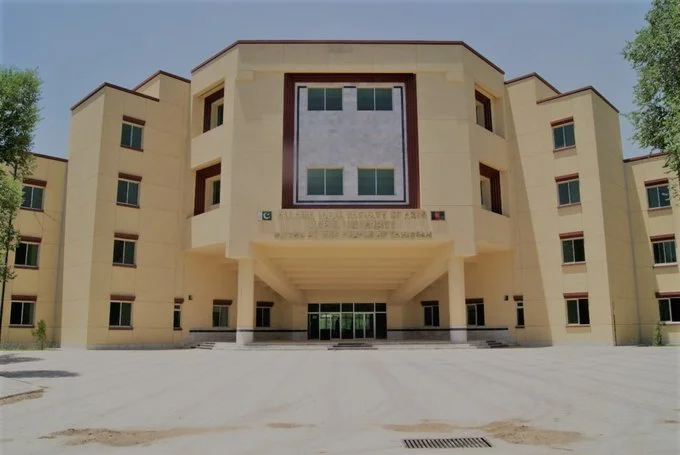
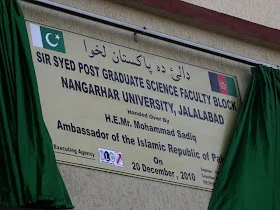
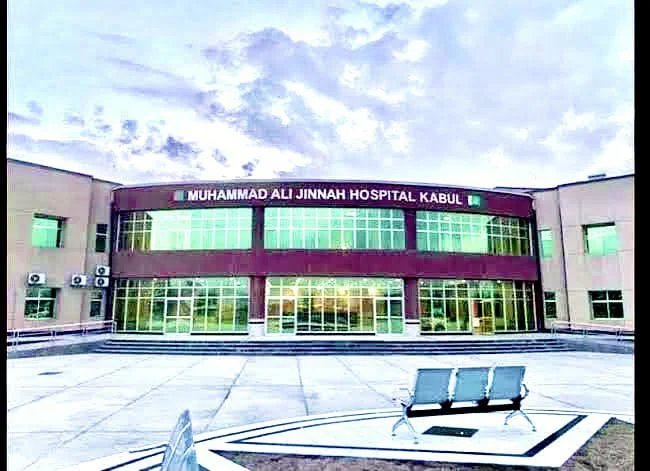
![Pakistani investment in Afghanistan [PAYF Informatics]](https://pkafgyouthforum.com/wp-content/uploads/2024/10/GYfzwEFWkAAiB3V.webp)
Advocacy and Support
Decades passed on Afghanistan’s tumultuous journey, from the Soviet invasion to NATO involvement. Throughout this time, Pakistan championed Afghanistan’s cause on international platforms, playing a key role in the Bonn and Doha agreements aimed at expelling both the Soviets and then the U.S. from Afghanistan.
![Pakistan championed Afghanistan’s cause on international platforms [PAYF]](https://pkafgyouthforum.com/wp-content/uploads/2024/10/GYf3HWiW0AA_17j.webp)
Crisis and Displacement
The Afghan Interim Government’s takeover in 2021 prompted the imposition of sanctions on Afghan assets, resulting in a brutal economic breakdown once again. An atmosphere of fear engulfed the country, humanitarian conditions collapsed, and many Afghans began escaping in search of safe homes. Estimates suggest that between 600,000 and 800,000 Afghans arrived in Pakistan, with around 1.73 million being undocumented.
![Afghan people carry sacks of rice, given out as part of humanitarian aid sent by China to Afghanistan, at a distribution centre in Kabul, Afghanistan on April 7, 2022 [Reuters]](https://pkafgyouthforum.com/wp-content/uploads/2024/10/GYfydwIXQAACDrn.webp)
Pakistan’s Support for Afghan Students and Refugees
As Afghanistan faced global isolation across various sectors, Pakistan stood by its side. While embassies were shut down, the Pakistani embassy continued operating 24/7, issuing nearly two thousand visas each day.
On the education front, the Allama Iqbal Scholarship Program, which began in 2009, continued and launched new phases, enabling 2,000 Afghan students to graduate from top universities in Pakistan. Following the successful completion of two phases, the third phase has also commenced, selecting 800 additional students.
![The Allama Iqbal Scholarship Program allowed thousands of Afghan students to graduate from top universities in Pakistan [PAYF]](https://pkafgyouthforum.com/wp-content/uploads/2024/10/GYfzLouX0AEbpZg.webp)
Humanitarian Aid
For humanitarian support, more than 14,945 tonnes of aid, along with 1,800 metric tonnes of wheat, crossed into Afghanistan from Pakistan. Additionally, the then Prime Minister of Pakistan announced RS 5 billion for in-kind assistance to combat the economic sanctions on Afghanistan. Pakistan’s imports from Afghanistan reached $408 million, while exports totalled $333 million.
![Pakistan's Assistance in Afghanistan Crises [PAYF Informatics]](https://pkafgyouthforum.com/wp-content/uploads/2024/10/GYfziYZXYAAWgcv.webp)
![Pak-Afghan Trade during first quarter of FY 2022-2023 [PAYF Informatics]](https://pkafgyouthforum.com/wp-content/uploads/2024/10/GYfzq1eWIAEgpEc.webp)

Negotiating Peace
Meanwhile, the banned Tehreek-e-Taliban Pakistan (TTP) has ramped up its activities within Pakistan. In this context, Afghanistan assisted Pakistan in negotiating peace talks, as the TTP claimed its allegiance to the Islamic Emirate of Afghanistan (IEA), the current Afghan interim government.
Diplomatic Efforts
Two delegations, one led by Mufti Taqi, travelled to Afghanistan for this purpose; however, their efforts were thwarted by miscreants.
The IEA’s supreme leader Mulla Haibutullah also issued a decree against the TTP, warning that their struggle was merely for worldly gains. Hafiz Mohibullah, the AIG’s Consul General in Peshawar, has reiterated this decree to send a message to the TTP.
Advocating Recognition
Regarding the recognition of the AIG, Pakistan has been vocal in its support for Afghanistan, participating in the OIC meeting on Afghan support and attending the Tashkent conference to boost regional connectivity. When countries like Australia cancelled their series with Afghanistan and no others were willing to engage, the Pakistan Cricket Board stepped in, organizing a series to fill the void and expressing solidarity.
Bridging Gaps
Whether through state efforts or individual connections, both nations have maintained their ties. Despite political rifts, notable figures like Afghanistan’s educationist Mr. Wahid & Pakistan’s public diplomat, PAYF’s DG Salman Javed, have worked to bridge gaps, presenting a nuanced narrative that brings the people of both countries closer together.
![Both nations have maintained their ties [PAYF]](https://pkafgyouthforum.com/wp-content/uploads/2024/10/GYf2iE1W8AAd4mD.webp)
A Shared Destiny
The enduring relationship between Afghanistan and Pakistan reflects their shared history and mutual support. Through education, humanitarian aid, and economic engagement, they’ve shown support for each other. Despite challenges, their bonds of kinship continue to unite them in a shared destiny.
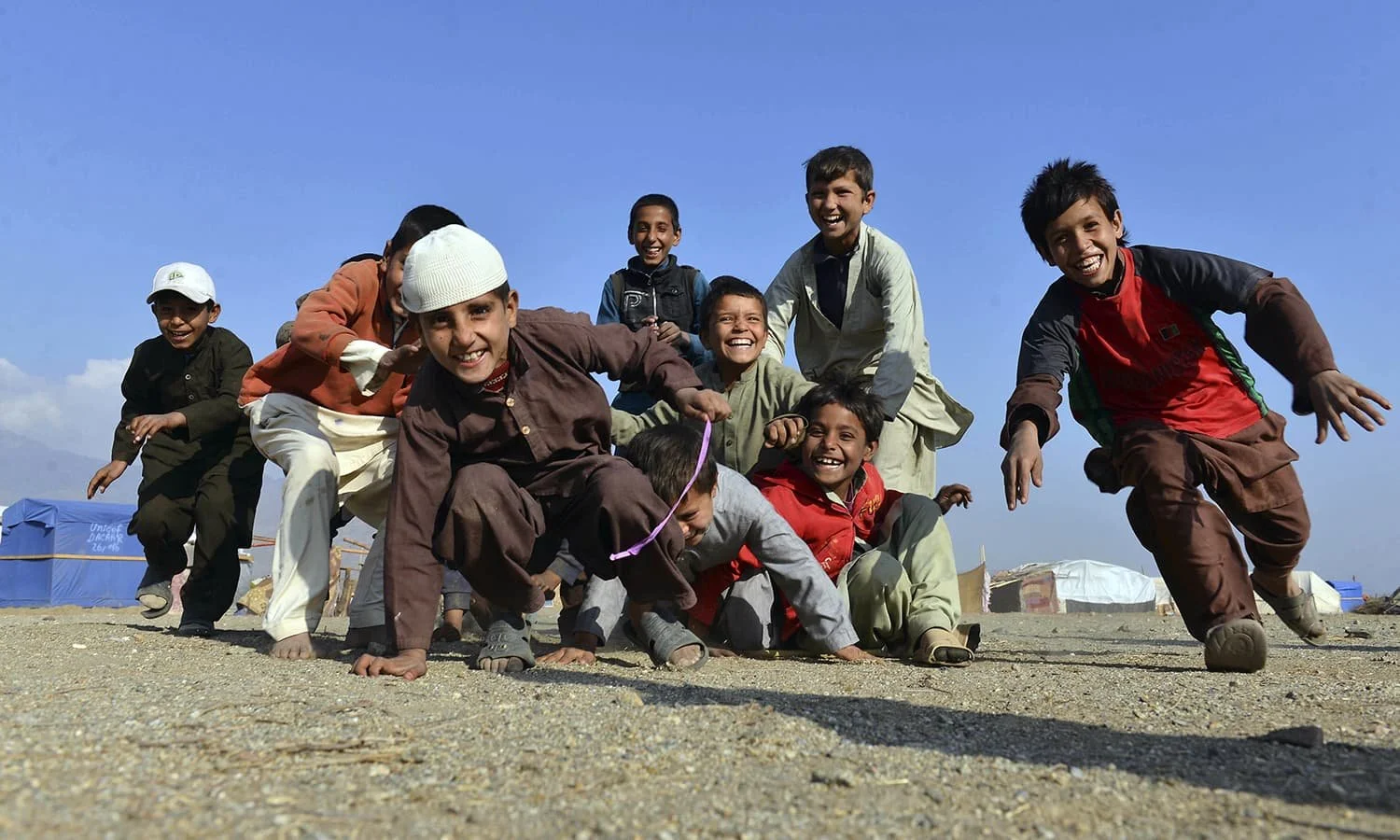
PAYF Insights are social media threads by various authors, reproduced here for wider consumption.
